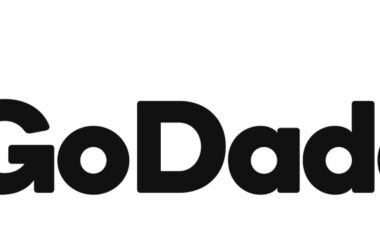The business may have a trademark claim under the UDRP, but not a cybersquatting claim.
A UDRP panelist discovered that My Healthy Home, LLC attempted to reverse hijack the domain healthyhomeexperts.net.
The Complainant owns the domain healthyhomeexpert.com and runs a business that helps people improve their indoor air quality. The Respondent offers foundation repair and waterproofing services in Indiana.
My Healthy Home possesses a trademark for Healthy Home Expert that was registered long before the Respondent acquired the domain name. However, it is evident that the Respondent is not cybersquatting; it operates a legitimate business under the domain name and uses the “Healthy Home” trademark on trucks, equipment, and team uniforms.

In other words, the complainant attempted to turn a trademark disagreement into a cybersquatting case.
Panelist Nathalie Dreyfus wrote:
In other words, the complainant attempted to turn a trademark disagreement into a cybersquatting case.
Panelist Nathalie Dreyfus wrote:
” In the present case, Complaint appears to have been filed with the intent of depriving Respondent of their legitimate domain name. The Panel notes that Complainant failed to present any valid arguments or evidence to support their claim.
This goes beyond a weak or poorly substantiated case, such as an inadequately proven claim to a common law trademark. Based on the criteria in the carsales.com.au Limited case, Complainant should have been aware at the time of filing that they could not meet the Policy’s essential requirements.
Additionally, the Panel would like to remind that the UDRP procedure is not intended to address complex trademark infringement cases but only to focus on the UDRP Policy: identity or similarity of the domain name, lack of legitimate rights, and bad faith in registration and use. The present procedure is specifically designed to address cases of cybersquatting, and not to resolve more complex disputes for which national courts would have jurisdiction (see Sylvain Rafton v. Farhat Hedi, Napoleon & Cie, WIPO Case No. D2015-0207, and La Selafa MJA, represented by Me Lucile Jouve, Studio Pilote v. Alexander Mouselli, WIPO Case No. D2015-1870, WIPO Case No. D2023-4169, LC Bespoke v. Monsieur Manuel Chaufrein).
In other words, holding prior trademark rights alone is insufficient to demonstrate the respondent’s lack of legitimate rights or bad faith, WIPO case No. D2024-1195, Pools123 Houston LLC v. John J Mehrman, Aquamarine Pools of Texas.
Accordingly, the Panel finds that Complaint was brought in bad faith and constitutes an attempt at RDNH.”
The Respondent was represented by John Walsh, Esq. of Drewry Simmons Vornhehm, LLP, while the Complainant was represented by Michael J. Feigin of Feigin and Fridman.
We at ebharat.com, are on a mission to educate masses about internet, domain names and their potential.








